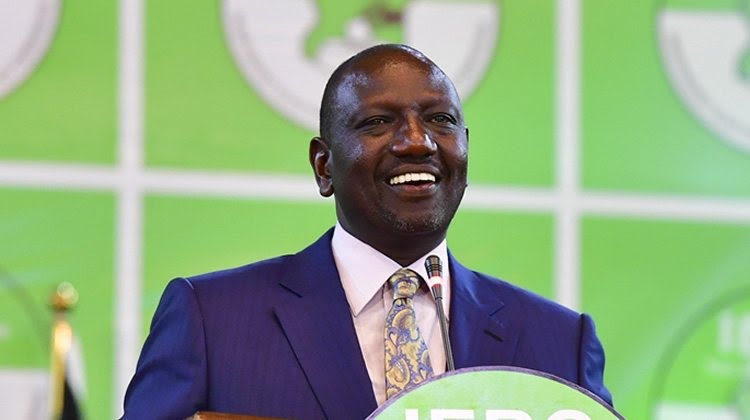Plans are ongoing to phase out all privately owned orphanages and children’s homes in Kenya within the next eight years, a government minister has announced, citing fear of trafficking.
“In the next eight years private homes will not exist. We need to prepare in order to absorb those children,” Minister of Social Protection Florence Bore said on Sunday during an inspection of children’s care facilities under construction by Kenya’s government.
The children would be placed in family and community care, which offered a better environment for them, the minister said.
Kenya had planned to phase out private children’s homes and orphanages since the 2022 Children’s Act was passed.
A 2017 UNICEF report estimated that 40,000 children lived in 811 registered institutions in Kenya but the data on the number of children in unregistered institutions is unavailable.
Ms Bore posted on X, formerly known as Twitter, that the government was already in the process of reforming children’s homes and orphanages.
The government will, however, continue housing children in facilities managed by the Child Welfare Society of Kenya, the government agency tasked with the care, protection, welfare and adoption of children in Kenya, the minister clarified.
The 2022 Children’s Act recommended placing children without families in alternative care such as guardianship, foster care placement and adoption to curb the abuse and trafficking of children.
There have been widespread concerns about the exploitation of children in Kenya’s orphanages and children’s homes.
In 2017, a non-governmental organisation, Stahili Foundation, said that some orphanages and children’s homes in Kenya convince families to give away their children before using them to solicit donations.







